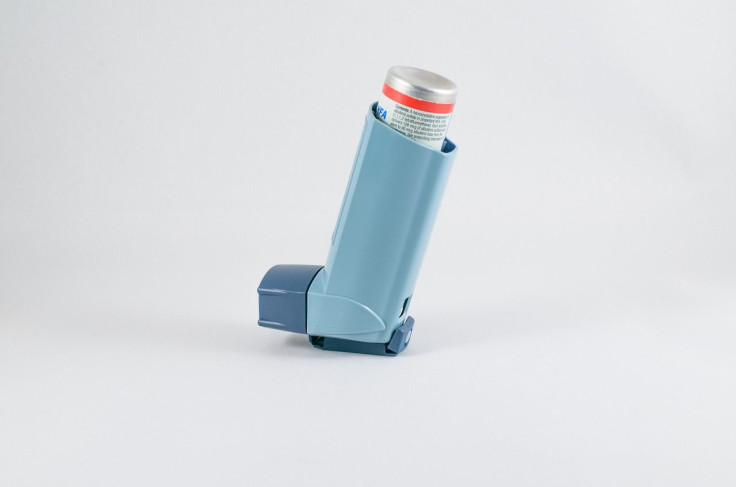Vitamin D Not Effective In Preventing Asthma Attacks In Children, Says Study

KEY POINTS
- Past observational studies showed vitamin D deficient kids suffered from worse asthma attacks
- However, a new study revealed vitamin D did not alleviate these attacks
- The study involved almost 200 children between the ages of six and 16
Contrary to previous studies and recommendations, new research has revealed vitamin D supplements cannot prevent severe asthma attacks in children.
The new study, which took three years to complete, involved almost 200 children between the ages of six and 16 who frequented at least one of the seven hospital systems in the United States that the researchers looked into. All the children suffered at least one asthma attack a year before the commencement of the study.
Researchers gave half the participants 4,000 IU (International Units) of vitamin D daily while the other half received placebo pills. All those involved in the study did not know the type of pill given to either group.
Previous observational studies, such as the one published in the US National Library of Medicine National Institutes of Health in 2017 entitled “A Review on the Role of Vitamin D in Asthma,” suggested the vitamin could help minimize the severity of an asthma attack in children considered at most risk.
Researchers of the new study said if the vitamin D levels of the participants are very low, then taking supplements should have a positive effect if the vitamin is indeed beneficial for minimizing severe asthma attacks.
However, at the end of the study, researchers saw the number of asthma attacks among participants who were given vitamin D supplements did not change and their reliance on inhaled steroids remained the same, which is almost the same as those who received placebo pills.
According to Dr. Juan Celedon, the study's lead author and chief of pediatric pulmonary medicine at UPMC Children's Hospital of Pittsburgh, their research is vital because many of their colleagues across the U.S. and in many parts of the world prescribe vitamin D to minimize the severity of asthma attacks in some of their young patients.
"As a system, it costs a lot of money to run all these tests and give the supplements. We've shown no benefit for children with moderately low vitamin D levels," said Celedon in a hospital news release. Their study and findings were published in the Journal of the American Medical Association on Aug. 25.
While past observational research showed children who are vitamin D deficient appear to experience the worst asthma attacks, scientists gave more credence to randomized controlled studies, like the one conducted by Celedon and his team, because they are considered as a research gold standard.
"With observational studies, you never know -- is [low] vitamin D causing asthma to be worse or do kids with worse asthma end up having lower vitamin D?" said Dr. Celedon.
© Copyright IBTimes 2025. All rights reserved.





















